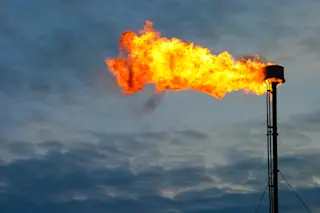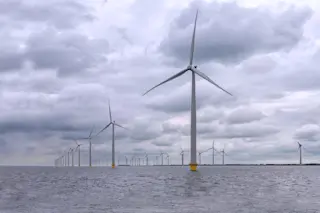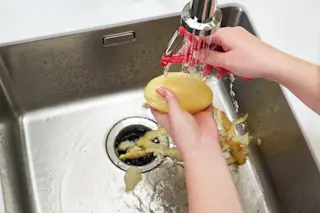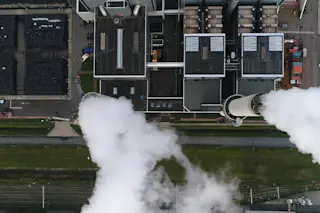If biofuels are to free us from rising prices at the pump and rising sea levelsthey must be produced from agricultural and urban wastes rather than corn, soy, and other food crops. But the executives of Big Oil can rest easy for now: Even the most mature biomass-to-biofuels processor—the Hempstead, New York–based Changing World Technologies—is still struggling after five years of operation at large scale.
DISCOVER has chronicled (and kept aclose tab on) Changing World Technologies' trials since it built its commercial demonstration plant in 2003. The Carthage, Missouri, facility was designed to be the world's first biomass-to-biocrude refinery, equipped to turn just about anything with a string of carbon atoms—from unrecyclable plastic and municipal garbage to animal-processing waste—into road-ready diesel.
The concept works. Changing World Technologies proved to the satisfaction of Detroit's Big Three, for example, that it is technically capable of producing fuel from shredder residue—the unwanted blend ...














